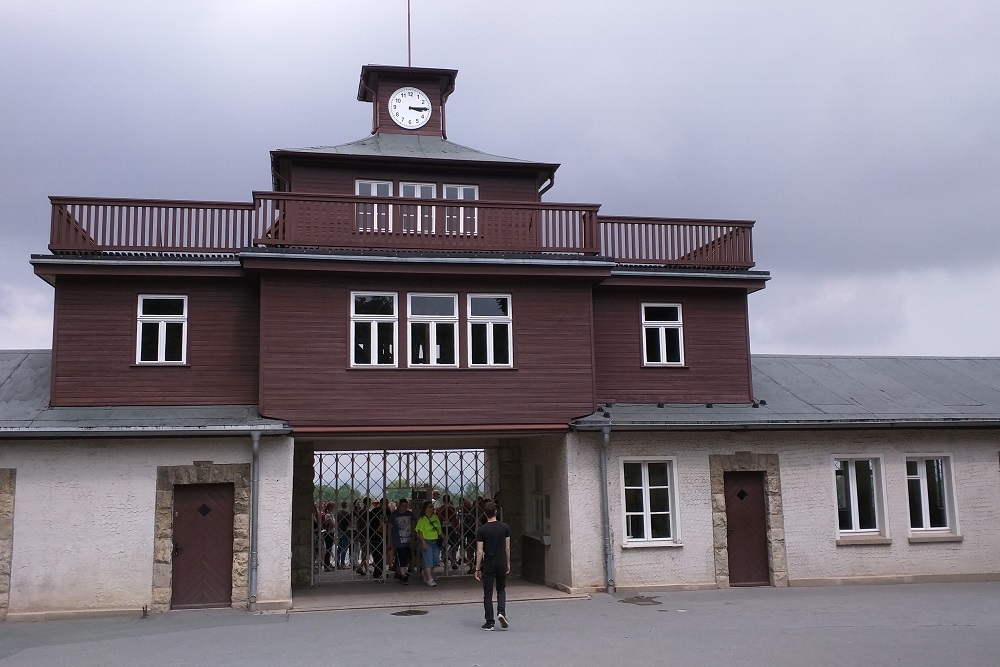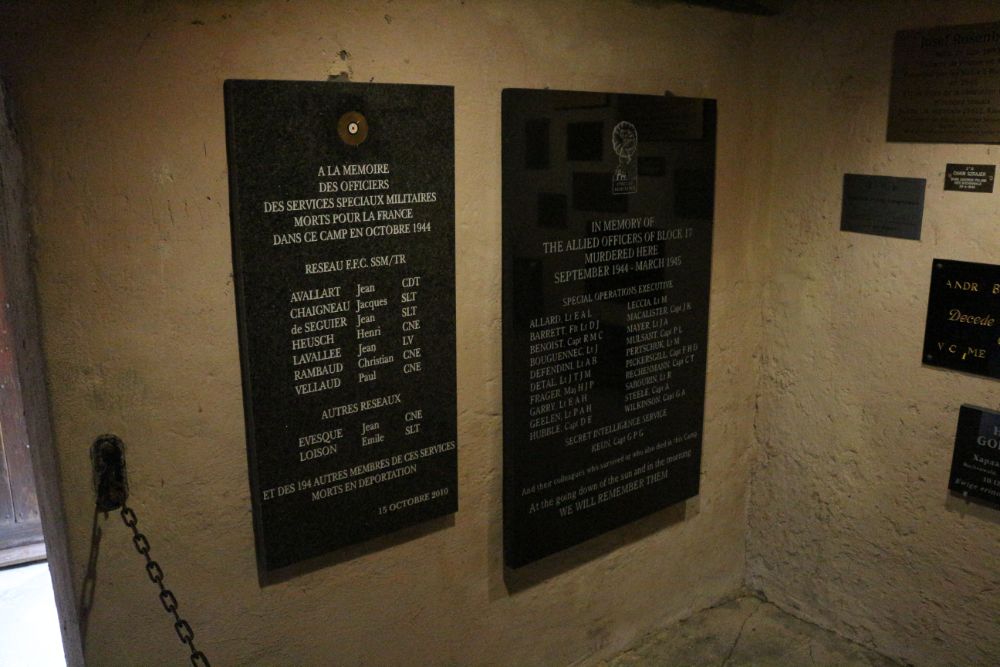Frager, Henri Jacques Paul
- Date of birth:
- March 3rd, 1897 (Paris, France)
- Date of death:
- October 12th, 1944 (KZ Buchenwald)
- Mentioned on:
- Brookwood 1939-1945 Memorial (Memorial to the Missing)
- Nationality:
- French
Biography
Do you have more information about this person? Inform us!
- Period:
- Second World War (1939-1945)
- Rank:
- Major
- Unit:
- F Section, Special Operations Executive (SOE), British Government
- Awarded on:
- January 31st, 1946
"This officer played a large part in the organisation of Resistance in southern and eastern FRANCE.
He started Resistance work soon after the Armistice in June 1940 on the COTE DÁZUR, and together with another officer built up an important movement throughout south-eastern FRANCE. Early in 1942 he was contacted by a British organiser with whom he co-operated loyally, and in June 1942 he came to LONDON for consultation. It was immediately recognised in LONDON that his organisation had immense possibilities, and in July 1942 FRAGER returned to FRANCE accompanied by a senior British officer, in order to re-organise the circuit on a more secure basis.
During 1943 the movement was developped and new groups were established in the YONNE, COTE D'ÓR, NOMANDY, LORRAINE, SEINE et OISE, and south-western FRANCE. FRAGER paid visit to ENGLAND in April 1943, returning to FRANCE the following month, and again at the end of October. It was agreed that another organiser should be sent to take over the southern part of the circuit, and he himself went back to FRANCE in February 1944 with instructions to concentrate on developping his groups in the YONNE and COTE D'AZUR. In these departments he built up a powerful circuit and organised the reception of arms and material on a large scale. When his groups went into action on D-Day enourmous damage was caused to enemy communications, and with more than 2,000 guerilla troops under his direct command FRAGER carried on widespread and effective harassing activities against enemy garrisons and road convoys. His courage and leadership were outstanding, and he inspired his men by his example. On 3rd August, 1944 he was arrested by the Gestapo, who had been on his tracks for several years. (Major FRAGER was executed at BUCHENWALD concentration camp in September 1944).
This capable and gallant officer made a very great contribution to the Allied cause by his long service in French Resistance. For over four years he devoted himself entirely to this hazardous work, giving a magnificent example of perseverance and self-sacrifice and personal courage. He was recognised by the Gestapo as one of their most dangerous enemies, and on many occasions it was only his fearlessness and presence of mind which saved him from arrest. An excellent soldier, he personally led his men in many guerilla and sabotage operations after D-Day, and invariably distinguished himself by his gallant and unselfish leadership.
It is strongly recommended that he be Mentioned in Despatches."
Posthumously awarded
- Period:
- First World War (1914-1918)
- Period:
- First World War (1914-1918)
- Period:
- Second World War (1939-1945)
- Unit:
- F Section, Special Operations Executive (SOE), British Government
- Awarded on:
- July 6th, 1947
With rosette
- Period:
- Second World War (1939-1945)









